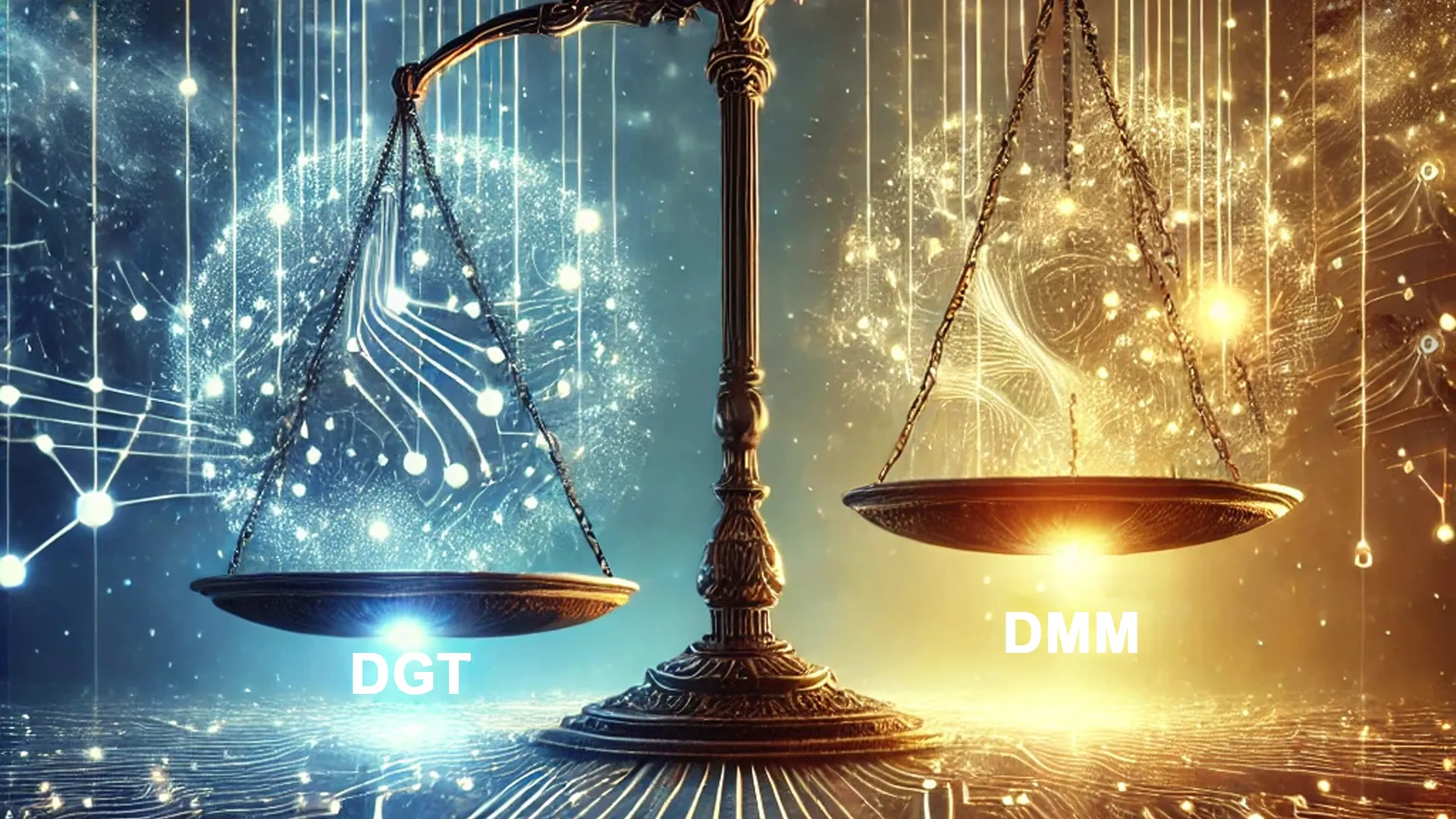February 25, 2025

The integration of Artificial Intelligence (AI) into the legal industry has revolutionized the way legal services are rendered. AI's ability to process vast amounts of data and provide insights has been a game-changer. However, this technological advancement brings with it a set of ethical considerations, including bias and privacy concerns. This article delves into the ethical aspects of using AI in the legal industry, its advantages, and some illustrative case studies.
Understanding AI in the Legal Industry
What is AI in Legal?
AI in the legal industry refers to the utilization of machine learning and other AI technologies to automate legal tasks, analyze documents, predict legal outcomes, and more.
Advantages of AI in Legal
- Efficiency: Automates routine tasks.
- Accuracy: Analyzes data with precision.
- Cost-Effective: Reduces manpower.
Ethical Considerations
- Bias : AI algorithms can inherit biases from human-made data, leading to unfair judgments.
- Privacy Concerns : Handling sensitive legal information requires stringent privacy measures, which can be compromised.
- Transparency : The “black box” nature of some AI algorithms can challenge the legal tenet of transparency.
- Dependence on Technology : Overreliance on AI might marginalize human expertise and judgment.
Addressing Ethical Concerns
- Establishing Clear Guidelines : Clear guidelines must govern AI's use, ensuring it aligns with legal ethics and principles.
- Regular Auditing : Frequent reviews and audits can prevent biases and ensure adherence to privacy norms.
- Collaboration with Ethicists : Working with ethicists can ensure a well-rounded perspective, balancing technology and ethical considerations.
- Emphasizing Transparency : Using interpretable AI models ensures that decisions can be explained, respecting the legal industry’s need for transparency.
- Educating Legal Professionals : Training legal professionals on the potentials and pitfalls of AI ensures more responsible usage.
The Way Forward
Embracing AI in the legal industry is no longer optional; it's a necessity. The challenge lies in integrating AI while upholding the ethical standards that govern the legal profession. Collaboration between technologists, lawyers, and ethicists, transparent guidelines, and regular audits are the way forward.
The ethics of AI in the legal industry is a complex but essential subject. With the right approach and attention to ethical principles, AI can be a powerful tool for the legal industry. The presented case studies illustrate both the risks and the potential, underscoring the need for careful consideration.


